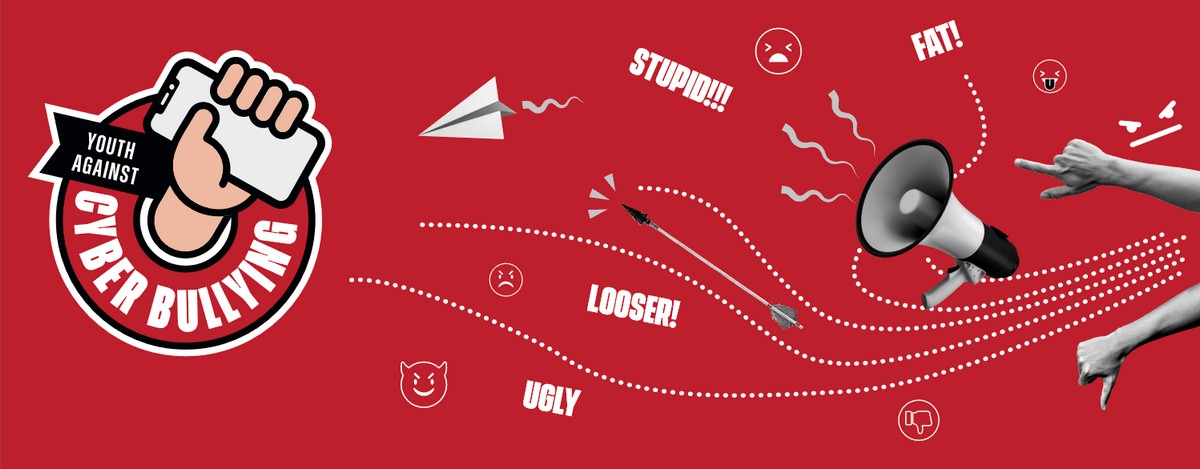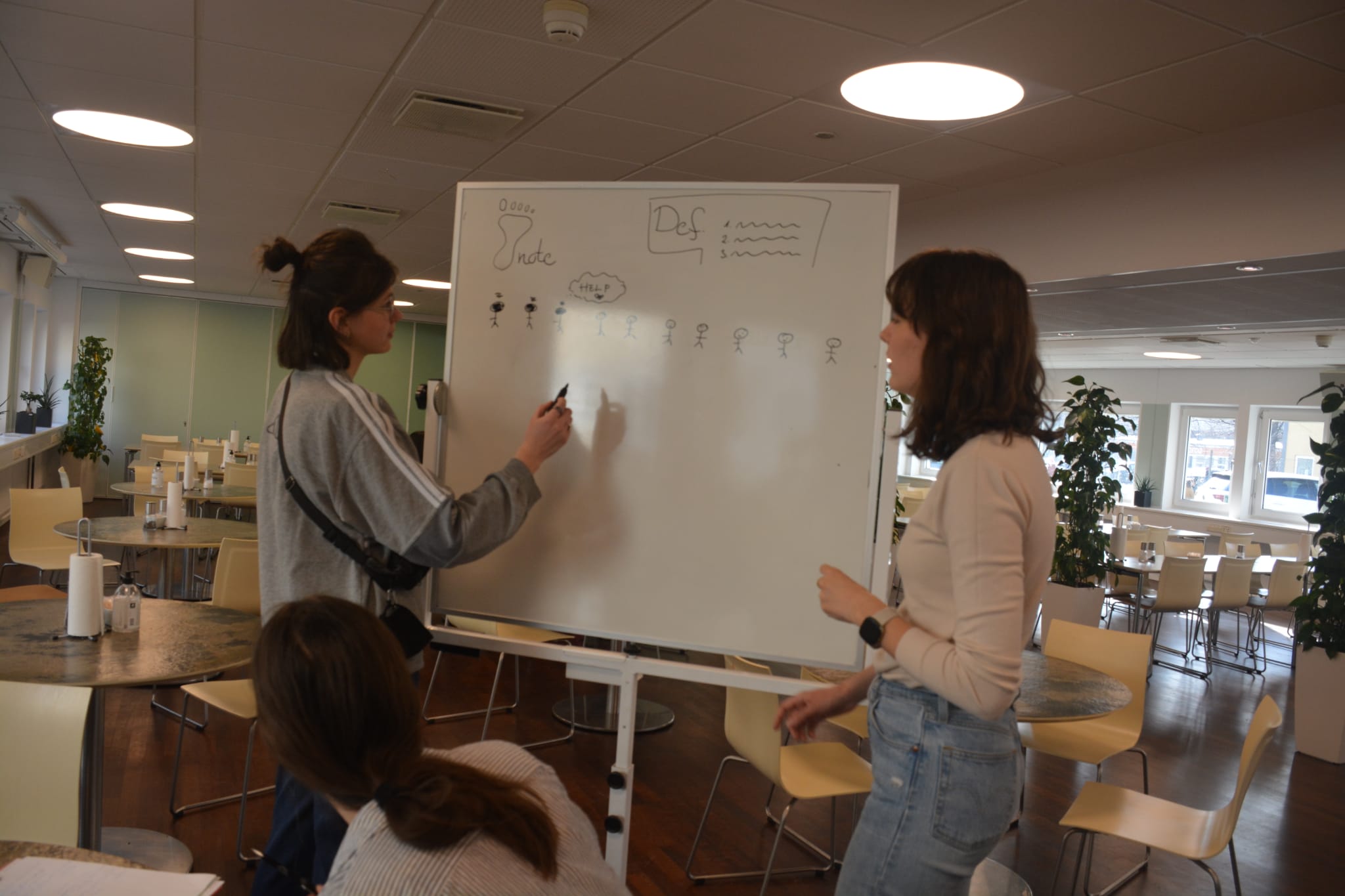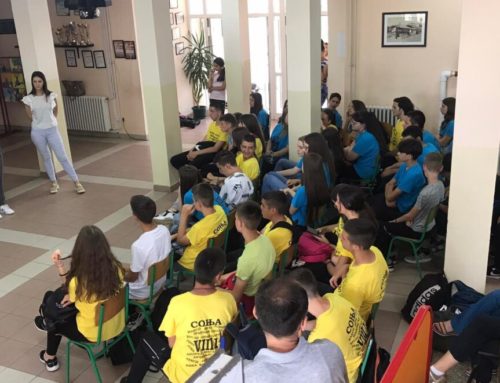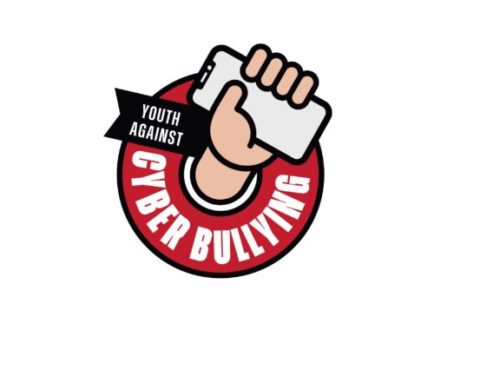Project Description
As the youth get more and more online and digital the chances to encounter cyberbullying or digital harassment increases.

In March 2022, the project #YouthAgainstCyberbullying gathered 30 young people from France, Italy, Croatia, Serbia, Hungary and Denmark, in Copenhagen, Denmark for a workshop on Cyberbullying and how to combat it. For 5 days we made the youth work hard and had them go through various workshops.
They had a workshop on “Digital Bullying and the EU” with Mette Frobenius who is a Danish comedian, speaker, debater and business lawyer. She talked about the, European Convention on Human Rights vs. the Freedom of speech, the new EU Digital Service Act and the importance of Role Models in Anti-bullying campaigns.

Another workshop with Nikola Sardevic, from Croatia, who has experience from dealing with bullying. The workshop was a roleplay, where roles of bullies, followers, jokers, defenders and victims were portrayed. Through playing these roles the youth got an understanding of how cyberbullying occurs, develops and what impact it has on anyone involved.

A third workshop was on how to combat cyberbullying and understand the digital culture. Themes such as what is cyberbullying, what is SoMe, what are algoritms and what kind of power does it all have? Were covered by digital cultural expert Katrine K Pedersen. This workshop resulted in a common digital code of conducts:
1. We should be able to trace the origin of our data
2. Don’t make fun of any group in society that you are not part of yourself
3. Be yourself and take up the space you want
4. Enjoy content and don’t comment hate
5. Be mindful and respectful towards others
6. Always ask for consent when you’re willing to share private contents
-> #PostContentWithConsent
7. Remember that ‘digital words’ are real and so also the people are real
8. Respect everyone’s opinions regardless of their beliefs, political views and/or identities
9. Limit your time online
10. Consider your intentions could be misunderstood, as well as you can misunderstand the intentions from the others
11. Make the digital world more inclusive
12. Everybody leaves traces on the internet: be careful about information’s you are putting online and who can access it
-> #data
13. Take some time to think about what you are doing while you are online
The final workshop with final tips to fight cyberbullying and digital education – how to behave online by Jon Christian Lange from Red Barnet (Save the children). This workshop explained why it is difficult to act online and how bullying patterns has changed with the emergence of the internet and SoMe. With cyberbullying, a victim, does not have peace after school, it is now glocal, public humiliation is easier, anonymity of bullies creates uncertainty, it is invisible to adults and it is a diffeent ‘language’. Further it takes experience to navigate online, because you do not have acess to body language, the boundaries between private and public has moved and not everything is what it seems to be (scams, fake news and grooming). Here’s 7 advices from Save the Children on onlin behaviour

By Sabine





